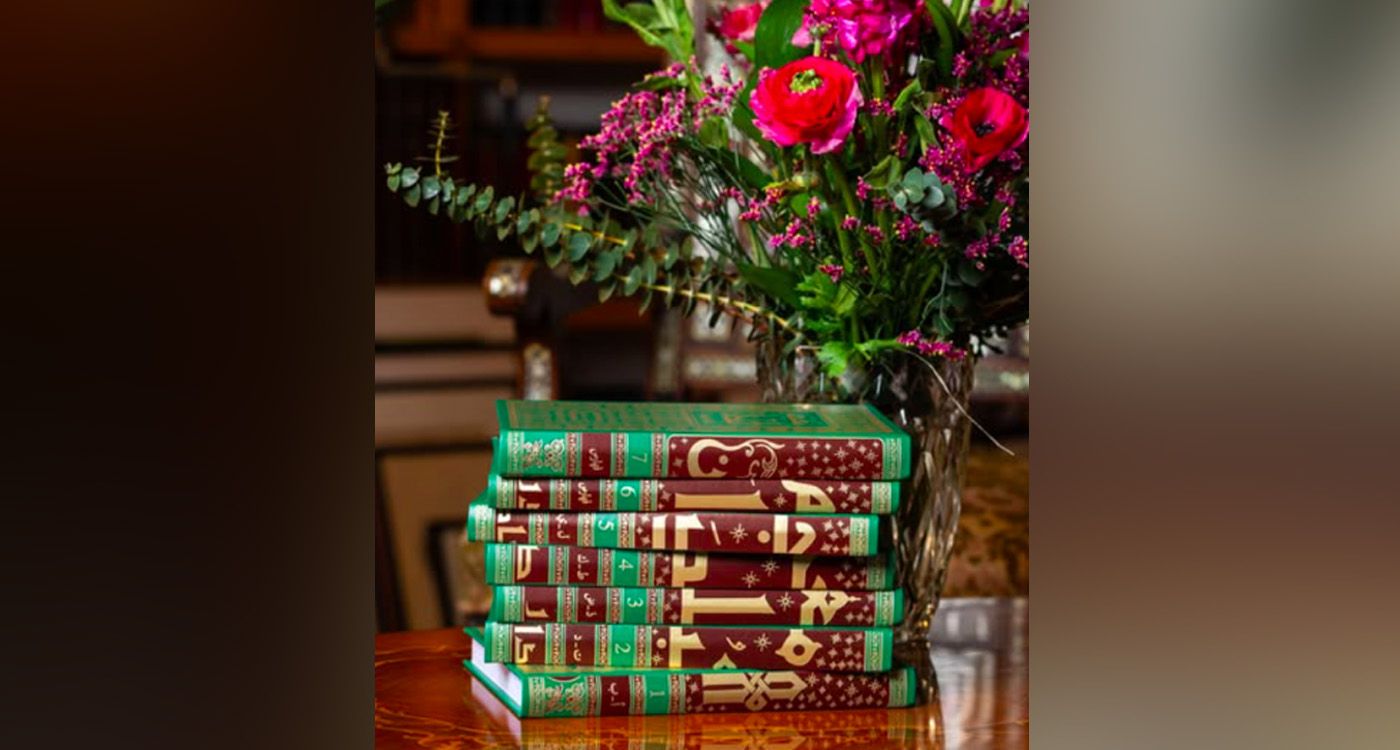
At this year’s Abu Dhabi International Book Fair, a moment of deep cultural resonance unfolded as Dar Sader, the oldest continuously operating publishing house in the Arab world, was celebrated for its pioneering role in preserving and promoting Arabic literature since 1863.
In a powerful moment of cultural recognition, Dar Sader, the Arab world’s oldest active publishing house, was honored at the 2025 Abu Dhabi International Book Fair for its enduring contribution to Arabic literature and intellectual heritage, tracing back over 160 years to its founding in Beirut.
The tribute, held under the auspices of the Abu Dhabi Arabic Language Centre, was more than a ceremonial nod. It represented a renewed cultural bridge between Lebanon and the UAE, coinciding with a state visit by the Lebanese President and Minister of Culture, signaling strengthened bilateral and intellectual ties.
Founded in Beirut during a time of intellectual revival, Dar Sader has witnessed and withstood the seismic shifts of regional history, emerging each time with its mission intact: to publish, preserve and share the richness of Arabic literary heritage. The recognition in Abu Dhabi served as both a celebration of this legacy and an invitation to reengage with the region’s literary roots.
A highlight of the fair was a museum-style exhibit in the “Founoun” section, where Dar Sader displayed rare and early editions of canonical texts: Alf Layla wa Layla (1926), Kalila wa Dimna (1912) and poetry by Al-Mutanabbi (1912), among others. Each piece in the glass-cased exhibit offered a tangible window into the evolving landscape of Arabic literature, from Beirut’s printing presses to the libraries of Baghdad and Cairo.
The publishing house also participated in a major panel discussion, “From Beirut to the World,” where Nabil Sader, current CEO and fourth-generation publisher, shared family recollections. He recounted how his great-grandfather, Ibrahim Sader, arrived in Beirut from Darb el Sim and opened a modest bookshop in 1863. Initially selling rosaries and prayer books, Ibrahim quickly expanded into literature, contributing to Beirut’s cultural awakening alongside institutions like AUB and USJ. Nabil referenced a 1991 edition of Histoire des Littératures Arabes, which recalls, “On the 9th of May 1915, in Beirut, died the very first bookseller and publisher of the city, Ibrahim Sader… He put Arab imprints and rare printed works at the disposal of the people of Beirut.”
Sarah Sader, representing the fifth generation of the family and now overseeing communications, reflected on Dar Sader’s long-standing role in Arab publishing networks. “Even in the 1800s, Dar Sader distributed books from Beirut to Cairo, Jerusalem and Baghdad. Long before ‘marketing’ was a word, our ancestors were doing it with pride and precision,” she noted, highlighting early brochures, catalogues and customer testimonials–literary predecessors to today’s social proof.
Joining the discussion was Georges Abi Saleh, cultural thinker and Secretary General of the Antelias Cultural Movement. He emphasized how Dar Sader’s perseverance, amid Lebanon’s wars and economic turmoil, stands as a testament to cultural resilience.
Throughout the week, Dar Sader was hosted with exceptional hospitality by the Abu Dhabi Arabic Language Centre, with visits arranged to cultural landmarks such as the Louvre Abu Dhabi and the Sheikh Zayed Mosque. These moments framed the tribute within a broader cultural vision, where heritage and diplomacy intersect.
As Dar Sader continues its mission, its presence at the Abu Dhabi International Book Fair reaffirmed its enduring role in shaping, preserving and transmitting Arabic literary culture. Rooted in Beirut yet resonating across the Arab world, its legacy remains a beacon of continuity, inspiration and intellectual exchange.



Comments